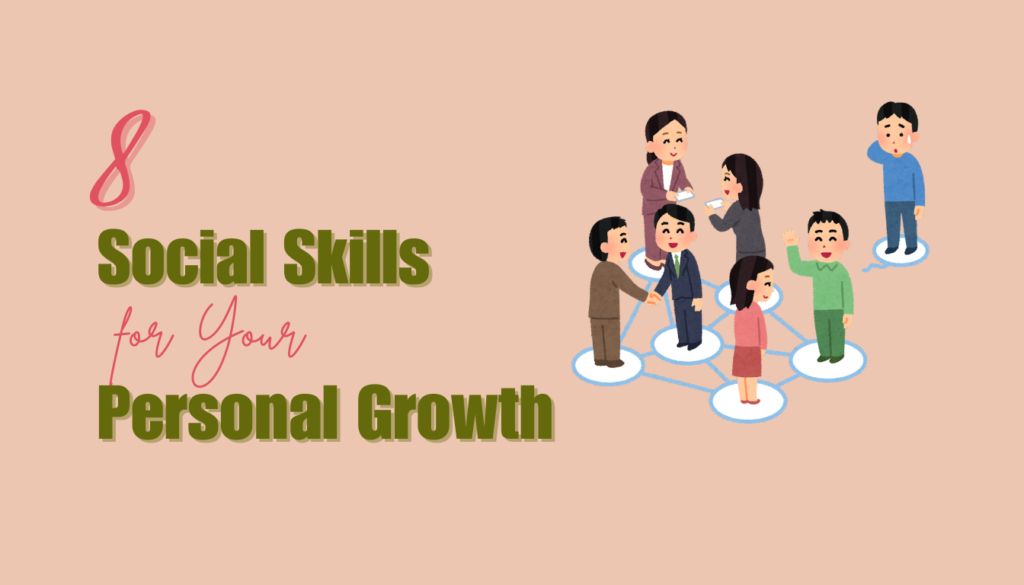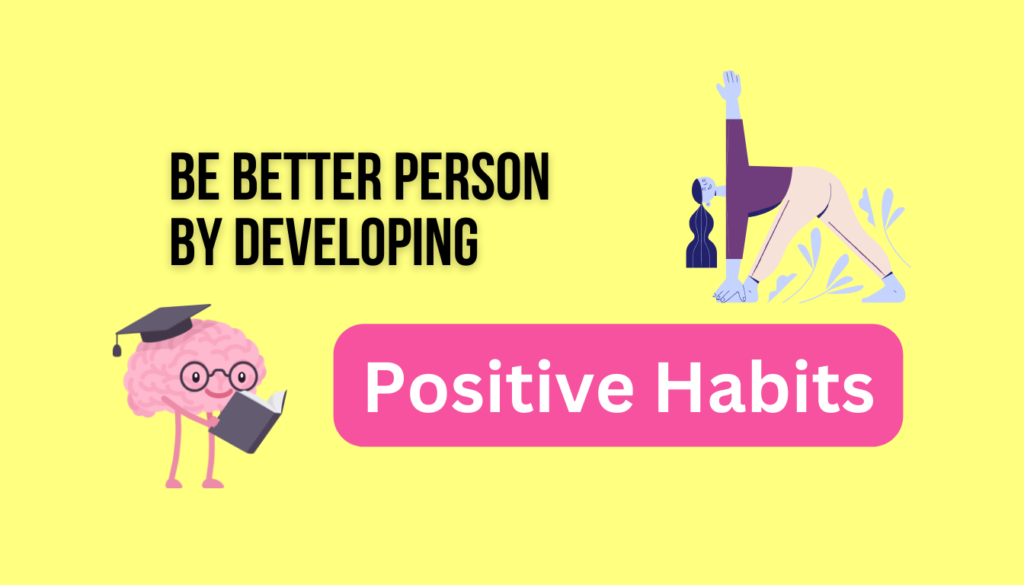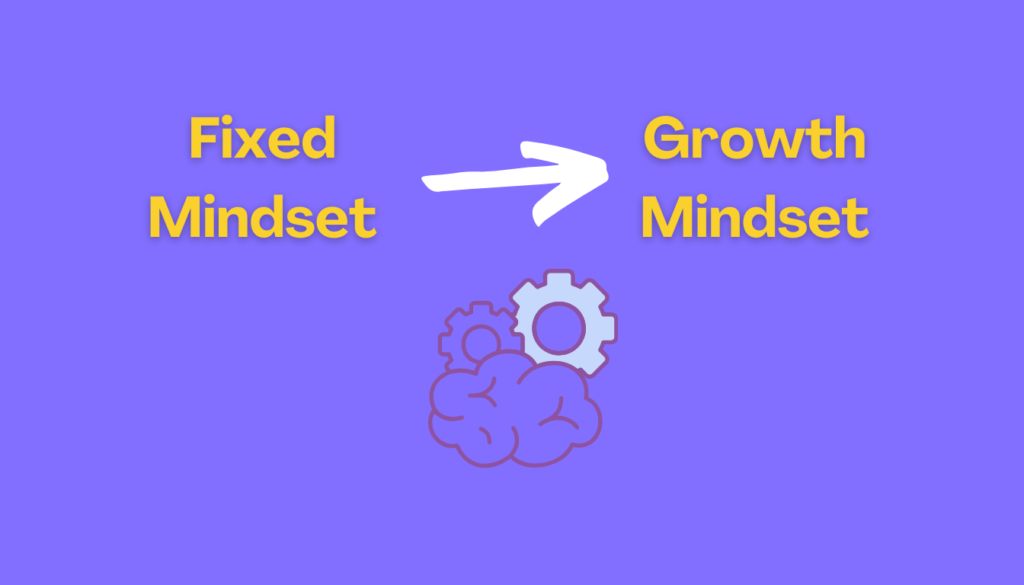In our world today, technology aids our connections more than ever. But, how do we engage with others confidently for success in our personal and professional lives?
It’s through important social skills. These help us make real connections, improve friendships, and boost our happiness.
Let’s look at 8 key social skills. They are crucial for creating positive relationships and doing well in life.
These include listening well, understanding others, talking effectively, being smart about our feelings, solving problems, working together, paying attention, and forming solid social support.
Importance of Social Skills in Today’s World
In our fast-changing world, interacting digitally is more common. This makes social skills and interpersonal skills vital. They help us form deep relationships, grow personally, and succeed in our lives.
Good social skills help us in all kinds of social and work situations. They let us build trust, understanding, and respect with others.
These skills are key for happy and strong relationships. They help us talk well, understand others, and solve problems in a good way.
Improving our interpersonal skills opens many doors. It makes us better at working together and living happily.
As we face many social moments in life, mastering these social skills is a big plus. It helps us grow personally and achieve success.
1. Active Listening: The Foundation of Effective Communication
Being good at active listening is key to strong effective communication and building deep relationships. It goes beyond just hearing words.
It means really understanding and feeling what the other person is saying.
When we listen closely and show genuine curiosity, we show we care. This deepens our talks and helps create trust and strong interpersonal bonds.
Active listening is a big part of effective communication. It helps us know the other person’s thoughts and emotions better.
So, we can respond with kindness and understanding, making our bond stronger.
Getting better at active listening changes talks. They become more about sharing and caring, rather than just info.
This important social skill can make our world a better, more connected place.
2. Empathy: Understanding and Sharing the Feelings of Others
Empathy is a big part of emotional intelligence. It means we can understand and share what others feel.
We do this by putting ourselves in their shoes. This helps us care for them in a real way.
This way of thinking helps us listen better without judgment. We’re then more supportive and helpful. This makes people feel like we see and understand them, which helps build connections.
Developing empathy is key to making stronger relationships. When we care and support others, it builds trust and closeness.
People who are empathetic are good at understanding different social situations. They know how to act because they consider how others feel.
Being more empathetic helps us connect with others. It also makes us more aware of our own emotions.
When we understand what others feel, it can help us handle our own feelings better.
This strengthens the relationships we have with others. It helps in making our emotional intelligence grow.
By putting ourselves in others’ shoes, we become better at understanding and working with our own feelings.
3. Conflict Resolution: Addressing Issues Constructively
Being good at conflict resolution is key. It helps us see problems clearly and find real fixes.
Instead of fighting, skilled conflict resolvers aim to understand the main issue. Then, they work together to solve it.
These people do very well in jobs like human resources or customer service.
Why?
They are good at handling disputes calmly. They help keep the workplace peaceful.
Using conflict resolution methods turns tough times into chances to bond. This way not only solves problems now but also makes for better long-term relationships.
What’s the trick?
Stay on track with problem-solving. Try to see everyone’s point of view.
This leads to agreements that help everyone.
Learning to solve conflicts makes us better at facing problems. It turns fights into chances to improve and work better together.
This skill makes us great at handling tricky social situations. It helps us make work friendlier and build deep bonds with others.
4. Cooperation: Working Harmoniously Towards Shared Goals

Cooperation is key in the workplace. It shows we can work well together to meet shared objectives.
This is crucial on team projects, where cooperating seamlessly boosts success. It leads to an environment full of synergy and collaboration.
When we actively join in, share openly, and are ready to give and take, we make things better. We see more creativity and improvements.
Cooperation makes us feel like one team. It helps us share our thoughts and skills, solving problems together for collective success.
By honing this skill, we build a positive work culture that loves teamwork and collaboration. This pushes us closer to our shared goals.
5. Effective Communication: Verbal and Written
Good communication includes how we talk and write. When we write or speak, being clear and using correct words is key.
This helps make sure others get what we’re saying. And it avoids confusion or mixed messages.
Being good at communication helps in many ways. It makes it easier to connect with people. This is true at work or when talking with friends.
By getting better at how we talk and write, our relationships improve. And we do better in working with others.
6. Observation: Gaining Insights Through Attentiveness
In our quick world, with tech leading the way, it’s easy to lose focus. We might miss the small details in how we interact with others.
But, learning the art of observation helps a lot. It means we actively notice what’s happening in other people’s lives, at work and school.
This skill boosts our social awareness and interpersonal skills.
When we take a step back and really watch how others act, we learn a lot.
We see how groups work, how relationships form, and even what’s not said. This lets us understand people better. We can sense their needs and thoughts. Then, we adjust how we act.
This is key in making strong, meaningful friendships and relationships.
Being aware lets us catch the small things in how people talk, act, and react. This deeper level of observation helps us move through social situations better.
We become more empathetic, flexible, and effective in our interactions. This, in turn, helps us build strong and lasting friendships.
7. Emotional Intelligence: Managing Emotions Effectively
Emotional intelligence is crucial for growth and strong relationships. It means knowing, understanding, and handling emotions well.
This involves being aware of your feelings, controlling them, and showing care and effective communication.
People with high emotional intelligence handle social issues well and make relationships better.
Growing in emotional intelligence helps us know ourselves better, relate with others, and create happier relationships.
Emotional intelligence has five key parts: knowing yourself, controlling your feelings, understanding others, managing relationships, and growing personally.
By mastering these areas, we can improve ourselves and build better relationships.
- Self-Awareness: Understand your feelings and how they affect you.
- Self-Regulation: Control your emotions without letting them control you.
- Social Awareness: Understand and connect with others’ emotions to communicate effectively.
- Relationship Management: Build and keep good relationships, solving problems and working together.
- Personal Growth: Always improve your emotional understanding for more self-awareness and fulfillment.
Developing emotional intelligence opens new doors in life, from better personal bonds to more career success.
As we face life’s challenges, managing emotions and connecting with others deeply is key. It helps us live happier and more meaningful lives.
8. Social Support Networks: Fostering Resilience and Well-being
Building a strong social support network is key to boosting our resilience and well-being.
These relationships give us emotional and practical help. They help us deal with stress better and feel like we belong.
With a good network of friends and family, we can face hard times with courage. We stay positive and do well in many parts of our lives.
It’s important to spend time with people who support us. This can help us grow personally and be happier.
Getting involved in our community and making strong connections helps us a lot. It makes us feel like we belong.
These networks offer the support we need. This way, we face life’s challenges feeling stronger and happier.
Conclusion
Developing social skills and interpersonal skills is very important today. It helps us make meaningful connections and do well in our lives.
These skills include listening actively, showing understanding, talking well, solving problems, working together, and reading people’s feelings well.
They help us make strong bonds, grow as individuals, succeed in our jobs, and feel better about ourselves.
Being good at social stuff makes a big difference in our lives. It helps us be more at ease with others and more confident.
By improving our social skills, we can make the world around us nicer, find more chances to grow, and be happier.
Facing the unique challenges of today’s world, these skills are vital for us to be the best we can be and connect deeply with others.
Improving our social skills and interpersonal skills helps not only us but also everyone around us.
With better skills, we make the society around us more caring, cooperative, and smart emotionally. This leads to a better life for each of us and a better future for all.
So, let’s see the value in these skills and all the great things they can do for our personal and work lives.





